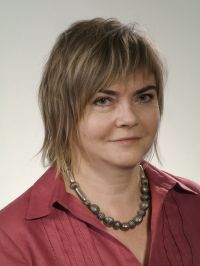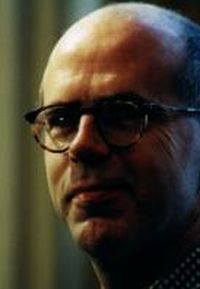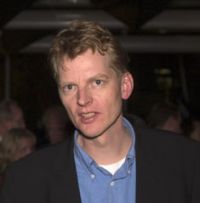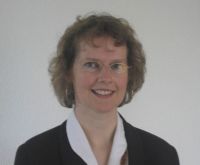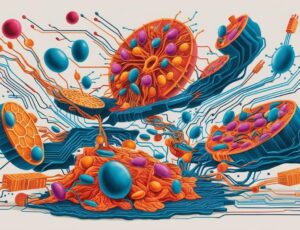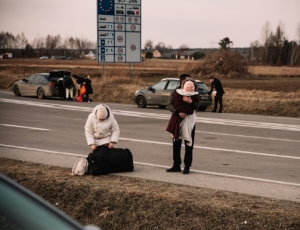The aim is to arrive at an interdisciplinary perspective, and help create an active community with a more definite agenda. Envisaged product is a book entitled Games, Action and Social Software that provides an overview of this emerging new field, and that sets the agenda for further research. The content of the book will be shaped by discussions and interaction at NIAS. The theme group will be joined by eight scholars who will come as Visitors throughout the semester for shorter periods of time (Marc Pauly, from Stanford University, Barteld P. Kooi from the University of Groningen, Keith Dowding from LSE, London, Rohit Parikh from CUNY Graduate Center, New York, Hans van Ditmarsch from the University of Otago, Dunedin, New Zealand, Peter Gärdenfors from Lund University and Nicola Dimitri from Dipartimento di Economia Politica, Siena).
Developments in communication technology of the last few decades have led to increasingly complex social mechanisms for voting, decision making, exchange of goods and services, auctioning, and so on. We vote in on-line elections to express our political preferences, collaborate via internet on joint tasks with people we have never met in the flesh, participate in on-line auctions, and play roles in widely distributed committees making complex decisions. Such decisions might involve the fair division of property, the set of propositions to adopt for a constitution, the candidates to accept as students for a study course, or the contractor to choose for the building of the new town hall. In spite of the variety and complexity of these mechanisms, an interdisciplinary field of study is beginning to emerge which aims to investigate these social procedures from different perspectives. The aim of this project is to bring together the central approaches involved in such an investigation, in order to get a more unified picture of the different factors generating social complexity.
In the course of the research year three workshops will be organised to develop different aspects of the project theme: “Minds in Interaction”, on the project’s links with Cognitive Science and Artificial Intelligence (end of September, at NIAS), “Social Software”, on the links with Computer Science (end of October, beginning of November, at the Lorentz Centre in Leiden), and “Logic and Games”, on the connections with logic and game theory (beginning of February 2007, at KNAW in Amsterdam, in collaboration with ILLC).

